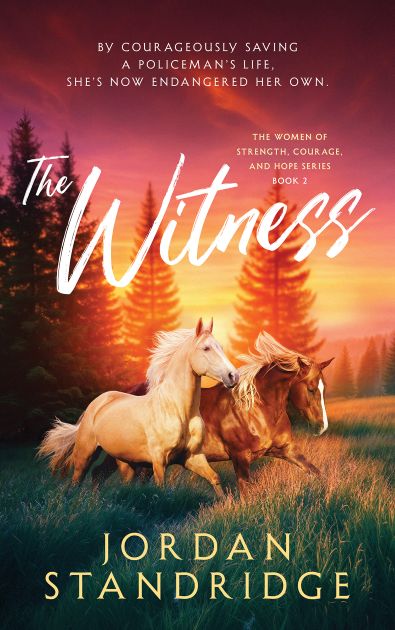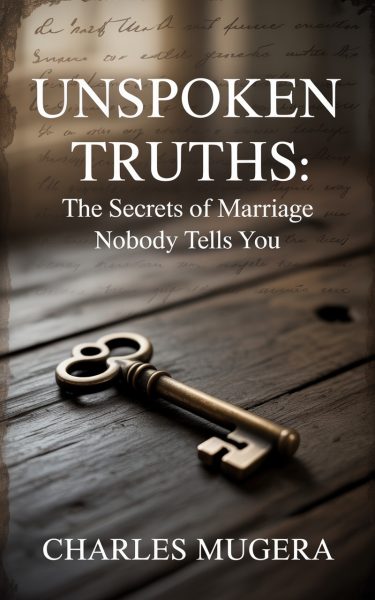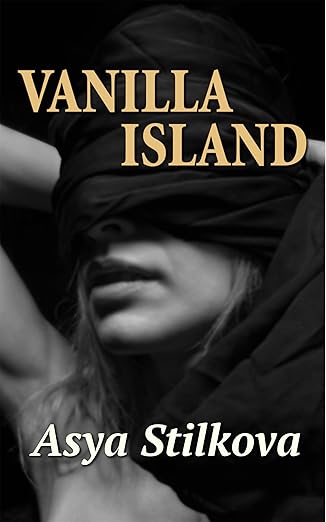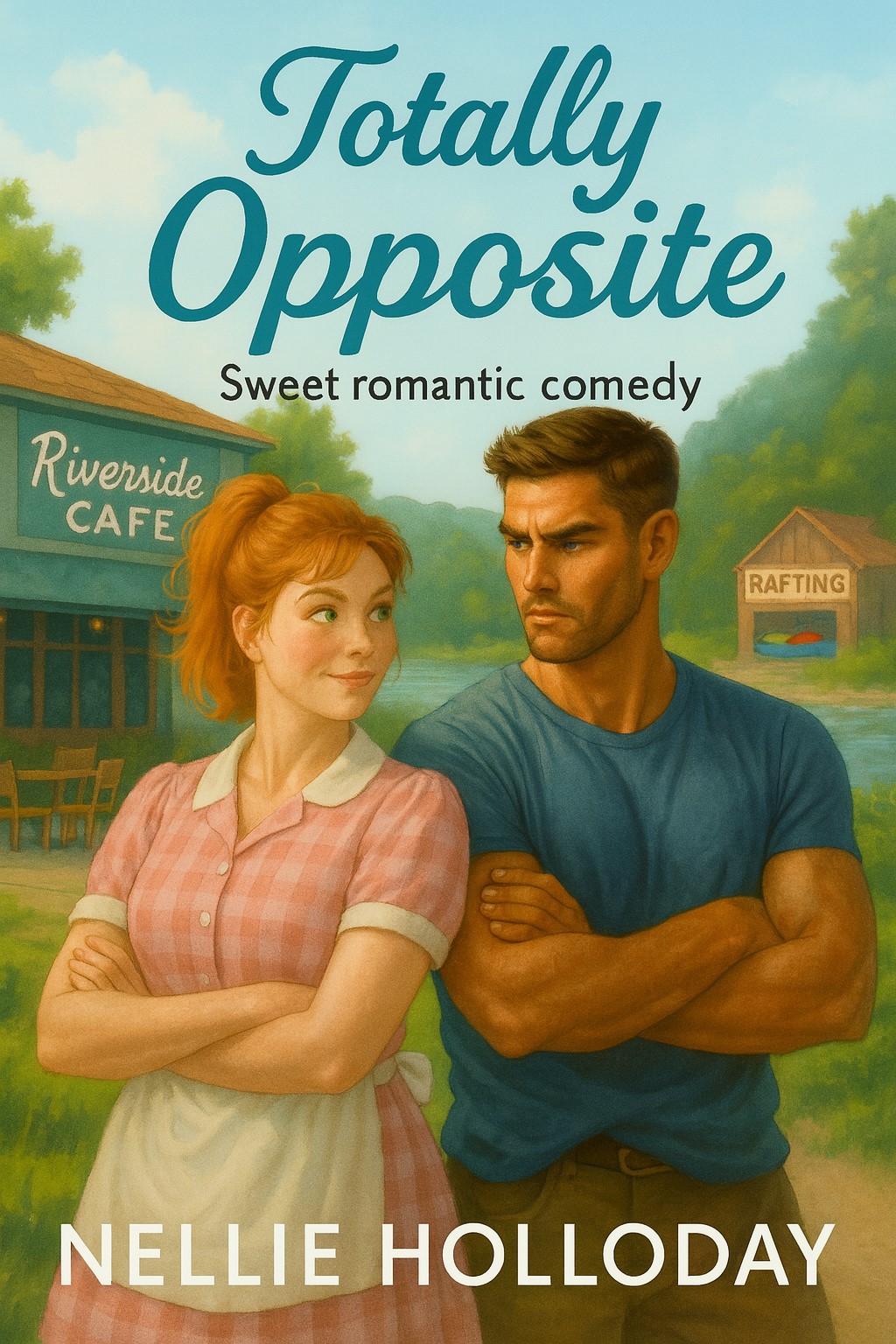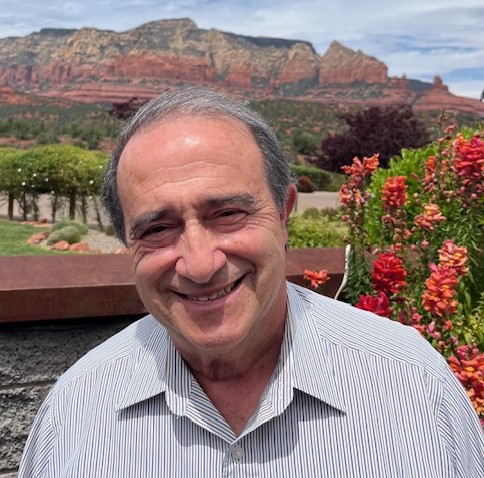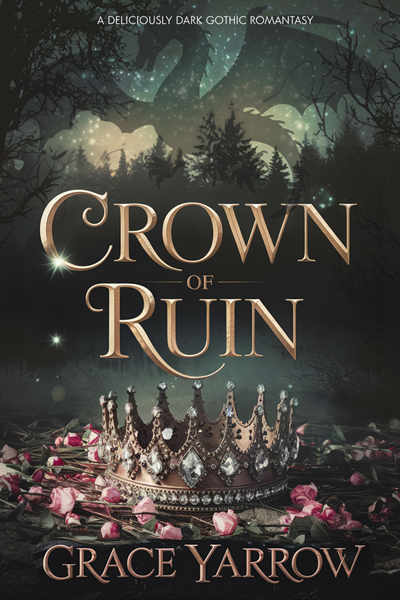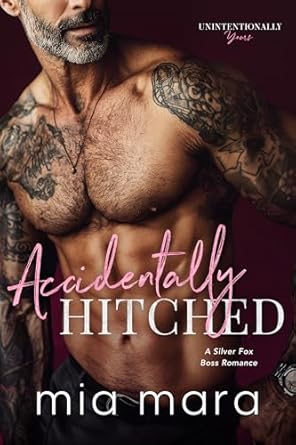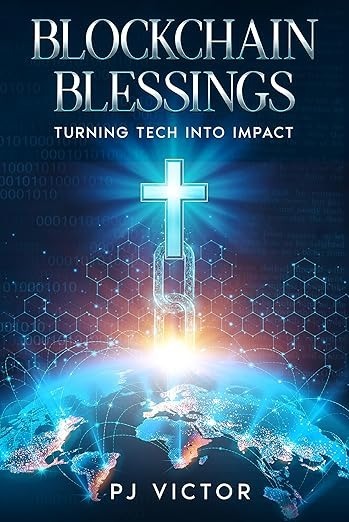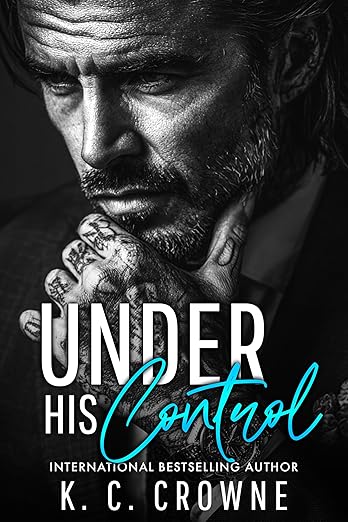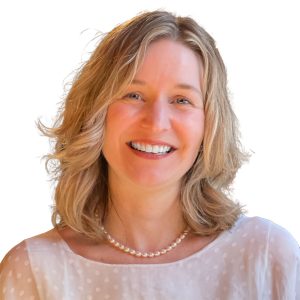 Tell us about yourself.:
Tell us about yourself.:
I’ve always been drawn to stories ever since I was little, and I’ve been reading and writing ever since. In university, I studied ancient languages, stories and texts and went on to teach in this area for years. However, I never forgot about the fiction books I read as a child and that inspired a love of writing my own stories. I’m now the author of five humorous novels for middle grade readers. I also lead workshops on the fiction writing process and have worked with thousands of participants since 2010. My new book The One Week Writing Workshop is a non-fiction writing guide based on my in-person workshops. I’ve gathered all my lessons into a book to help aspiring writers get their own novels written.
Where did you grow up, and how did this influence your writing?:
I grew up in Winnipeg, Canada. We’re famous for our long, cold winters. We joke sometimes that it’s why so many artists and creative people come from here—there’s so much time to create! There could be something in that, I guess…but I also have to credit my family and excellent teachers for encouraging my love of reading and writing from an early age. Their support is probably the main source of influence on my writing.
Do you have any unusual writing habits?
Writing involves a lot of sitting, but when my mind is restless, my body is even more restless! So, whenever I’m stuck, I head out for a quick walk, or a long walk depending on exactly how stuck I feel. Moving around always seems to get my ideas flowing again. That might not be terribly unusual, but my “writer’s walk” is something I’ve been doing since I was a kid and goes hand in hand with my writing.
What authors have influenced you?
I grew up in Winnipeg, Canada. We’re famous for our long, cold winters. We joke sometimes that it’s why so many artists and creative people come from here—there’s so much time to create! There could be something in that, I guess…but I also have to credit my family and excellent teachers for encouraging my love of reading and writing from an early age. Their support is probably the main source of influence on my writing.
Do you have any advice for new authors?
Keep reading what you love and be sure to write what your heart and mind want you to write. You want to maintain a connection to what you’re creating, so be sure that what you’re working on is dear to your heart. This is what can keep you going on those days when writing isn’t flowing. Also, your joy in what you’re producing will help you express yourself with a more authentic voice—at least that’s what I’ve experienced and witnessed in others.
What is the best advice you have ever been given?
It’s helpful to have some sort of plan before you begin to draft, but don’t spend all your creative energy planning—be sure to start that draft! I’m sure that most writers who like to outline, figure out and problem solve can relate. It’s quite easy to stay stuck in the planning phase at the expense of getting around to your draft. There’s a certain magic that happens when you put pen to paper or fingers to keyboard, so it’s important to do that even if you haven’t worked out every twist and plot point in advance.
What are you reading now?
Lately, I’ve been reading reimagined fairytales and historical fiction books that center on intriguing women. And I will always have time to read and re-read anything by Agatha Christie!
What’s your biggest weakness?
As a writer, I am prone to overplanning. I don’t think it’s a bad idea to plan your story before you begin to draft, but it can be easy to stay stuck in the planning phase (I know!). This is one of the reasons I developed the mini storyboard technique that I share in The One Week Writing Workshop. It’s a technique for sketching out the general shape or rhythm of your story without needing to plan every last detail. It lets me move on to my draft with less delay, but also with confidence that I have an idea about where things are going!
What is your favorite book of all time?
The Lion, The Witch and The Wardrobe by C.S. Lewis.
When you’re not writing, how do you like to spend your time?
I love to read for pleasure, catch up with friends over tea, and head outdoors for a hike whenever I can. There are some beautiful trails not far from where I live. I like to explore them all year round. They change with the seasons and feel like they offer a new adventure every time.
Do you remember the first story you ever read, and the impact it had on you?
I remember my mom reading picture books to me when I was tiny. But when she read The Lion, The Witch and the Wardrobe, I was in awe. Here was a book without pictures, and yet it had the power to make me see and experience an entire other world. Not only did I love the story itself, it was then that I knew that I wanted to write “pictureless stories” one day to share with others.
What has inspired you and your writing style?
In terms of my fiction, I have been writing for a middle grade audience. Keeping connected to my younger self—the way I thought and looked at the world, the way things felt and seemed—this is what inspires story premises and the way I write. I’ve also done a lot of writing workshops with young writers. Paying attention to what they care about and how they show up and express themselves in the world also inspires me a great deal.
Writing non-fiction about writing was inspired directly by my experiences offering in-person fiction writing workshops. I loved seeing how the lessons and process I shared helped spark stories in others or rekindle a passion for writing. This influenced me to gather my workshop materials into a book. It also influenced the book’s conversational style. I wanted to capture the same friendly, motivating energy I bring to my in-person classes!
What are you working on now?
I’m working on a novel-length fairtytale retelling and am enjoying the challenge! It’s causing me to stretch and grow as a writer since until now my stories have been rooted in the real world. I’m enjoying the adventure!
I’m also building on The One Week Writing Workshop book in a few ways. I’m working on an online video course based on the book, and I’m developing a teachers’ resource for those who run or are interested in running a writing workshop of their own.
What is your favorite method for promoting your work?
We’re lucky to have so many ways to share our work and connect with our readers these days! My favorite way is on my author blog where I post articles about writing and writing tips. I also share workshop and book news. It’s fun because there I can be chatty, enthusiastic and personal about writing and my work.
What’s next for you as a writer?
I’m loving what I do at the moment. I hope to continue writing fiction, especially for younger audiences, and to keep offering guidance to others who are interested in writing fiction.
How well do you work under pressure?
It depends! I’ve had some of my best writing experiences against a deadline, or under trying circumstances (like noisy roof construction lasting for days right over my head!). On the other hand, I’ve let my work pile up and playing catch up doesn’t feel the greatest or result in the best work. The best gift I can give myself is to stick to my process as much as possible, the one I teach in The One Week Writing Workshop. I have a set of steps that I try to flow through in order that help me build my ideas into what they are meant to be. I incorporate breaks, rest and play, and when it comes to writing a draft, I stick to a very regular but very reasonable daily word count target. Life happens, but having a process definitely helps alleviate pressure.
How do you decide what tone to use with a particular piece of writing?
Whether I’m writing in the first or third person in my novels, I am usually writing from my main character’s point of view. Their connection with the story premise, the other characters, and various story events dictate the story’s tone. This is their experience, their adventure, and their growth so I try to have the book’s tone reflect that.
The One Week Writing Workshop on the other hand was intended to capture the motivational energy of my in-person workshops, like you are working with a mentor. So, I worked on explaining the lessons and concepts in the book in an encouraging, conversational tone.
If you could share one thing with your fans, what would that be?
I’m so happy that you’ve chosen to read my books! Writing can be a solitary activity, but as authors we’re often picturing our audience and hoping that through our words we can spark ideas, entertain you and make a connection. I hope that my books have, at least in a small way, contributed to your creative journey and your enjoyment!
Karin Adams’s Author Websites and Profiles
Website
Amazon Profile
Goodreads Profile
BookBub Profile
Author Profile Other Bookseller
Karin Adams’s Social Media Links
Facebook Page
Twitter
Instagram
YouTube Account

